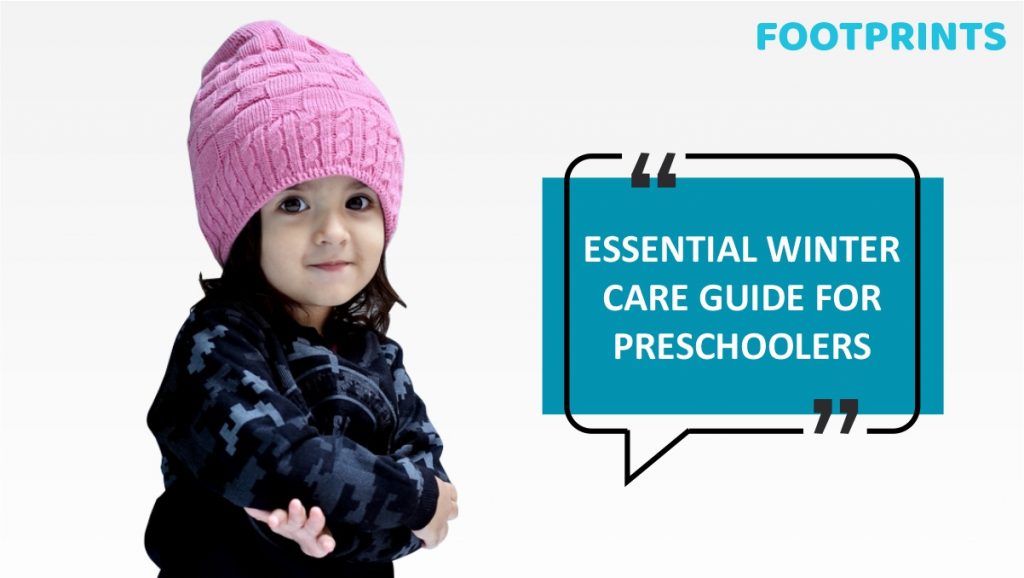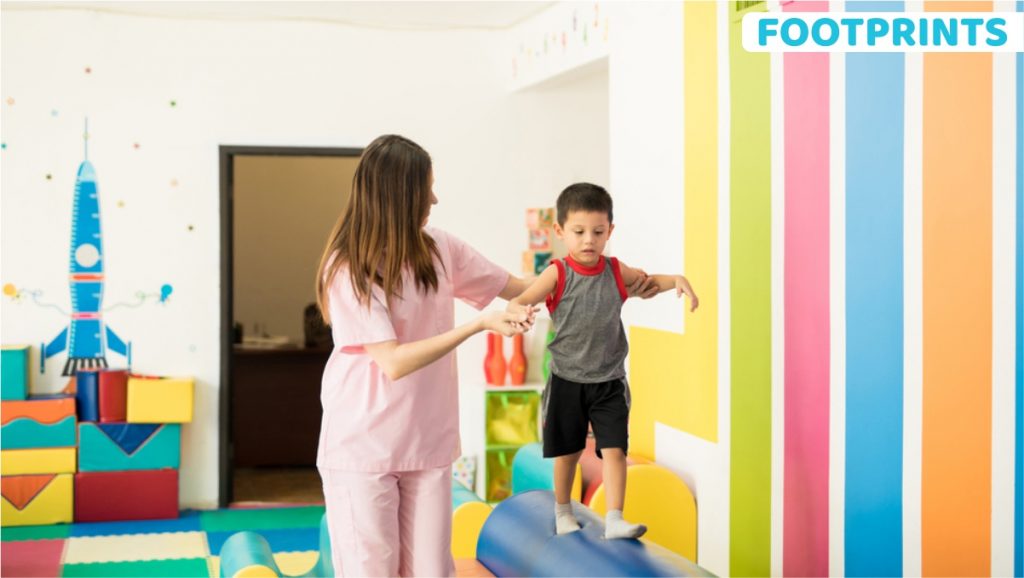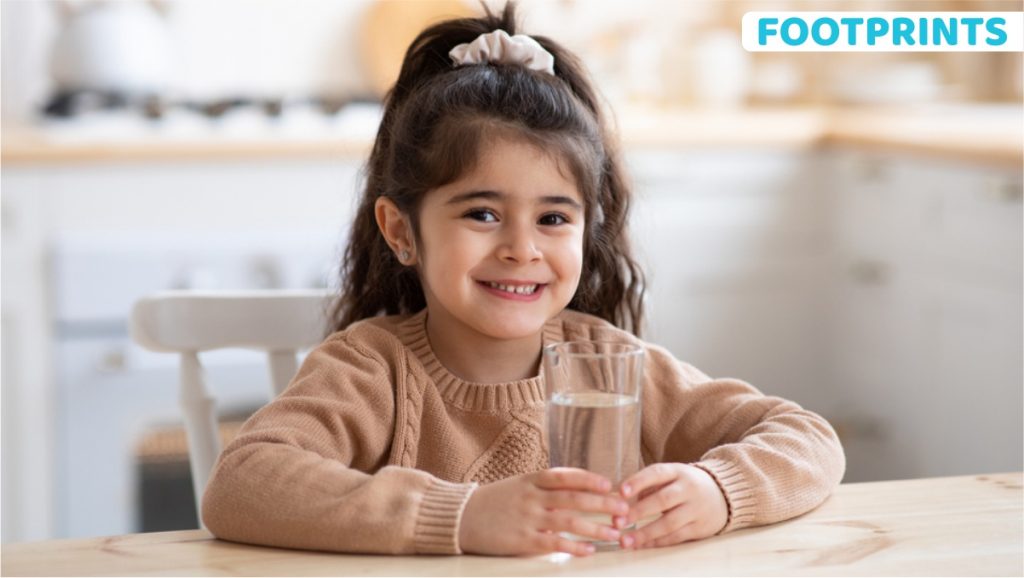

Winter may be the favorite season for little ones because of the long sleeping hours, hot beverages, cold breezy weather, and so on. However, as the temperature drops and the sun’s rays fade away, the energy levels in children also drop. That is why children need a stronger defense mechanism and stronger immune system to combat various illnesses such as cold, flu, cough, sore throat, wheezing, ear infections, etc. Parents need to stay alert and ensure their little ones are well-covered and well-protected against the risks and health problems associated with the chilly weather. Here we will cover an essential winter care guide for preschoolers
According to pediatricians, children attending school, especially those who are in play school or below 5 years of age are more likely to fall sick during winter due to low immunity levels than senior school students and adults. As parents, you need to take extra care of your little ones to make sure they don’t fall sick frequently and stay warm, especially during the coldest part of the year.
Essential Winter Care Guide for Your Children
1. Focus on a balanced and nutritious diet
While you must focus on their diet all year round, winter calls for special attention when it comes to the health of children. A child’s immunity is greatly affected by what they eat. A balanced diet rich in vitamins A, C, D, and E and nutrients is helpful in reducing the risk of infections and also acts as powerful antioxidants which are essential to protect us against free radical damage. Give your meals small portions of fruits and vegetables 4-5 times throughout the day. Don’t skip meals instead, start the day with a healthy breakfast because when we skip breakfast, the body is deprived of essential nutrients and thus, can be prone to catch infections. Do not give in to your little ones’ demand for junk food and superfoods, and instead feed your children with healthy, home-cooked meals and make them understand the difference between good and bad food habits.
2. Stay Indoors
The fog and smog during winter can impact the respiratory system of infants, preschoolers, and people suffering from respiratory diseases. Not just that, but most viruses and infections during this season are airborne. This is why you should limit your outdoor visits to places like malls, theatres, restaurants, and other open spaces. Staying indoors is a safe choice to protect your child against health risks. But while you stay indoors, make sure your child gets enough sunlight which is a great source of Vitamin D. Sit on the balcony when the sun is up or walk in the open space outside your house to soak up the sunlight. Depending on the air quality in your area, you can install air purifiers at home for your little ones.
3. Engage Your Kids in Physical Activities
Staying active is a vital part of leading a healthy lifestyle for both children and adults. There are many health benefits associated with physical activity for children such as strengthening muscles & bones, improving blood pressure & digestive system, building cardiovascular strength, reducing the risk of obesity & diabetes, and improving mental health, among many others. Although it is not safe to go out often during winter for children, you can arrange a play area in your own home or locality. Engage them in indoor sports like hide and seek, board games like carrom board, indoor soccer or basketball, indoor cricket, etc. You can also take them for a walk once in a while and teach them exercises, cycling, etc. The idea is to keep the body in motion and stay active.
4. Give your child proper rest and sound sleep
While maintaining physical activity is important along with a good diet, we cannot neglect the many health benefits associated with resting. Sleep has a direct and positive impact on the functioning of our immune system. When your child’s sleep-wake cycle is disturbed due to any unforeseen reasons, it hampers your child’s overall physical and mental well-being and also impacts other aspects like temperature regulation, immune parameters like cytokine & leukocyte production, cardiovascular function, etc. The lack of proper sleep can lead to a pro-inflammatory state. 8-10 hours of sleep daily is an ideal time for little ones to have a balanced and active day. As a healthy practice, you can make your child wrap up the homework and study time before early dinner and restrict the use of mobile phones & gadgets before bedtime.
5. Appropriate Dressing for Winter
Shivering can depress the immune system of your child. Dressing appropriately is extremely important to keep your child warm even outside during the chilly weather. Several layers of loose-fitted, light, tightly woven, and warm clothes under a heavy jacket are ideal for children to keep them warm when they are outside. Make sure their hands and ears are covered with mittens or gloves, a hat, and a scarf. The rule of thumb is to add one more layer to your child’s dressing to the number of layers you wear.
According to several studies, the body loses maximum heat from the head, sometimes up to 30%. Therefore, it is important to make your child wear proper headgear whether in or outside the house during winter. For younger children, you can make them wear a monkey cap that protects their heads as well as their ears. During sleep, make sure you do not use a very heavy blanket for your children especially when they are sleeping alone. Heavy blankets can be dangerous for children during sleep.
6. Hydration is Important
During summers, we may feel thirsty often and drink lots of water but fluids are equally important during winter. Even if your child doesn’t feel thirsty, make sure they drink enough liquids throughout the day to keep them healthy during the colder months. This is because when a child doesn’t drink enough water, there are high chances of dehydration due to the rise in the body’s core temperature to the drop in the temperature during winter. This can further lead to cramps, exhaustion, muscle fatigue, and even sickness. Drinking full glasses may be difficult for a child, but you can give them small sips of water every 15-20 minutes to keep them hydrated.
Other Preventive Measures:
- Avoid contact with others, especially with people suffering from cold, cough, or flu.
- Teach your child hand hygiene. Make your child learn to use tissue paper when they are coughing or sneezing. If there is no tissue paper, then ask them to use a handkerchief or cough/sneeze in the area where the elbow bends.
- Teach your child to use alcohol-based sanitizers to disinfect palms and the back of the hands frequently throughout the day.
- Do not self-medicate your child. Always consult a pediatrician.
- Stay indoors as much as possible.
- Use heaters at home if required to keep your child warm and practice necessary precautions to keep your little ones away from heating appliances.
- Wash your child’s clothes regularly and do not repeat clothes.
Whether your child is going to preschool or high school, protecting them against the cold and breezy winter weather is a must. Following a healthy routine starting from the time your child wakes up in the morning till bedtime is crucial for his health and well-being. From nutritious meals to cozy rooms during winter, make sure your child is given all. If you see early signs of flu in your child, immediately consult a pediatrician and avoid self-medication. With a balanced routine, you can combat several diseases and health risks for your children and enjoy the winter season with them.

Amita is an experienced educator with over 30 years of experience. She has an outstanding understanding of child development, having worked with various age groups for prestigious businesses. She has been dedicated to handling Footprints’s Curriculum and Delivery department for the past decade. Amita’s credentials include being one of India’s few HighScope Curriculum certified trainers and volunteering as a course leader for Landmark Education, the world’s largest training firm.




